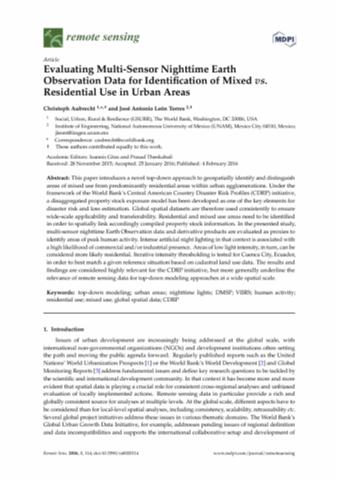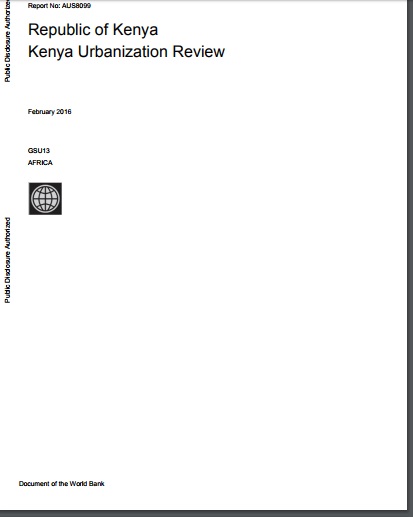City building and regime creation in the peripheries for Mumbai
In terms of the splintering of cities, it is important to understand contemporary urbanization processes, speculative real estate development, and ways to challenge these via new modes of politics. This case study analyzes the impacts of largely ‘illegal’ city building, on different groups of people within the city, particularly relating to spatial (in)justice and violence.





